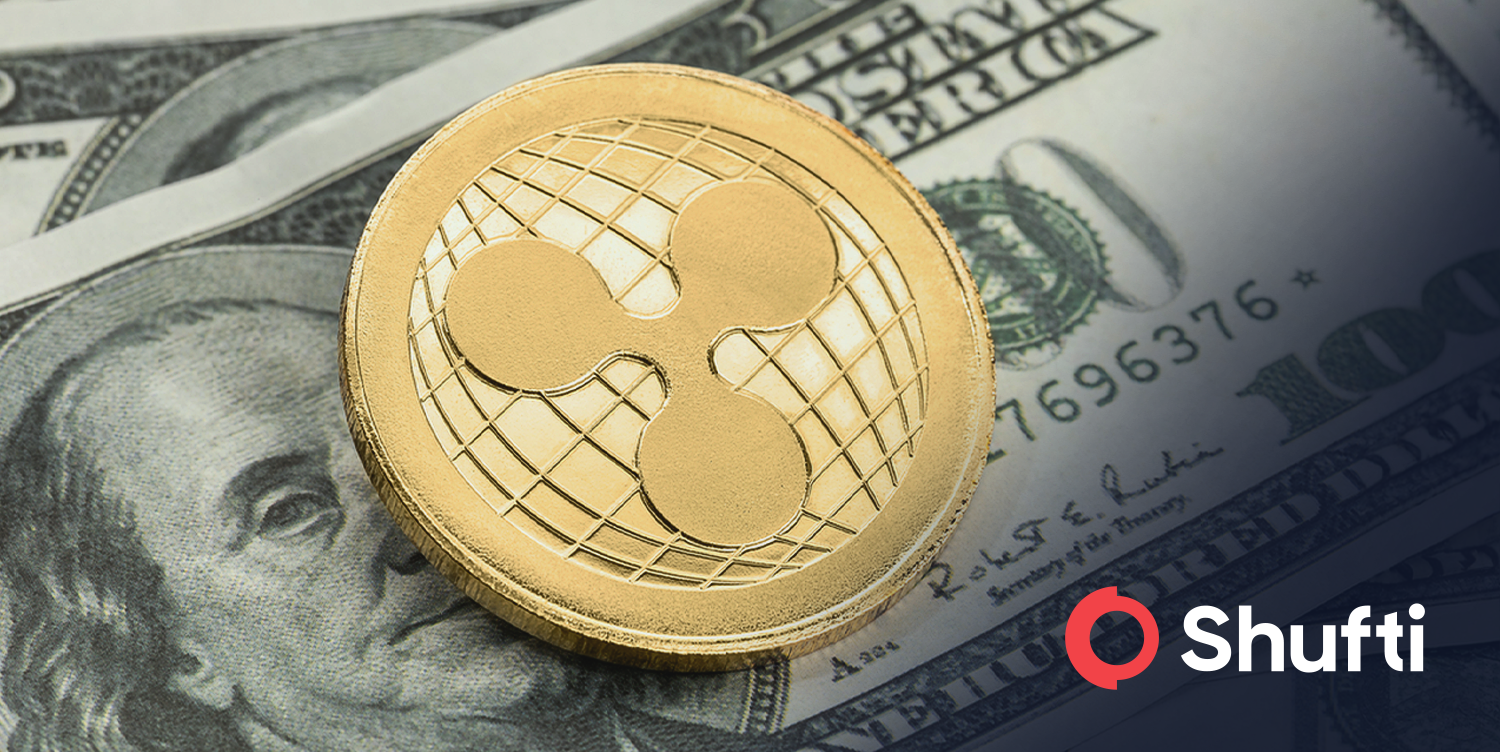Hong Kong’s New Stable Coin Bill Sparks Concerns in the Crypto Industry.

Hong Kong’s new stable coin bill mandates strict customer verification, which, according to industry experts, would repel users from using HK’s stable coin for cross-border transactions. Experts fear that it may also lead to a decline in Hong Kong’s global competitiveness in financial markets.
A stablecoin is a type of cryptocurrency designed to maintain its value equal to the value of real-world currency, such as the US dollar. Hong Kong became the first state to regulate fiat-backed stablecoin issuers globally. This gives it an early mover advantage to achieve its goal of becoming the virtual asset hub of the world.
However, the KYC Know Your Customer rules in the bill require the stablecoin issuer to verify every holder of the stablecoin. This goes against the distinct features of the crypto market, such as secrecy and privacy, which have caught the industry off guard, experts opined.
Hong Kong’s Monetary Authority (HKMA), a de facto central bank of Hong Kong, defended the move by describing it as an effort to combat money laundering and terrorist financing. They pressed on the need to prioritize transparency over privacy. On the contrary, market participants see it as discouraging for users because it conflicts with the anonymity that has fueled them to adopt the crypto industry as opposed to traditional markets.
“This is a bit too strict and not good for acquiring users.”
Said Bo Tang, the Head and Assistant Director of the HKUST institute for financial research.
Some speculate it to be tougher than the GENIUS Act of the USA, signed in July by Donald Trump. Hong Kong-based crypto trader Ricky Xie also expressed fear that many overseas users might opt out due to the high compliance bar.
He noted, “It’s not just KYC for those with accounts with the stablecoin issuer, it’s KYC for every stablecoin holder.”
Tang from HKUST (Hong Kong University of Science and Technology) suggested that these strict stablecoin regulations aim to cool investor hype in Hong Kong, where many were rushing to buy shares in companies only because they planned to invest in stablecoins or other digital assets. This frenzy risked creating market bubbles, and once the new law took effect, high-flying stocks like ZhongAn Online and Bright Smart Securities & Commodities lost much of their earlier gains, reflecting a sharp drop in investor optimism.
Hong Kong’s strict KYC law might be the first, but it is unlikely to be the last one. Other states may follow suit by regulating their crypto stablecoins. This compliance can be simplified by using an efficient tool like Shufti, which makes compliance easier and streamlined for industries across the spectrum. Book your demo today.








